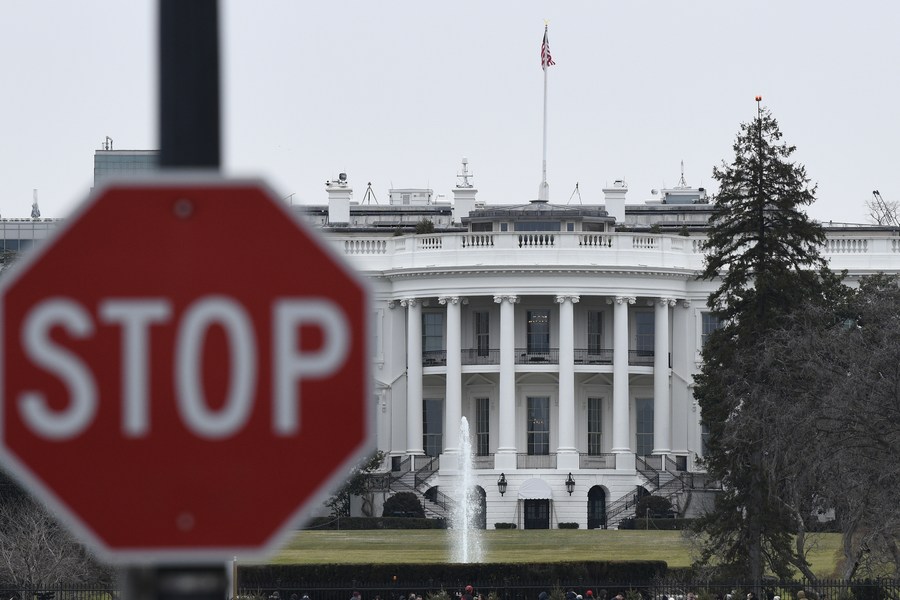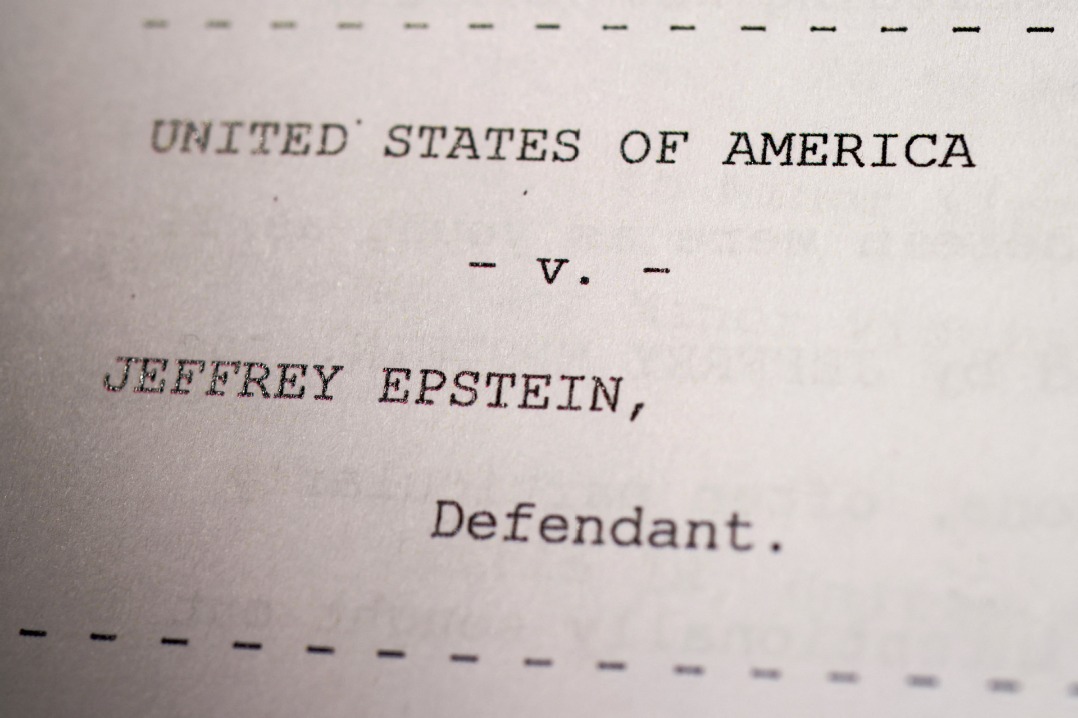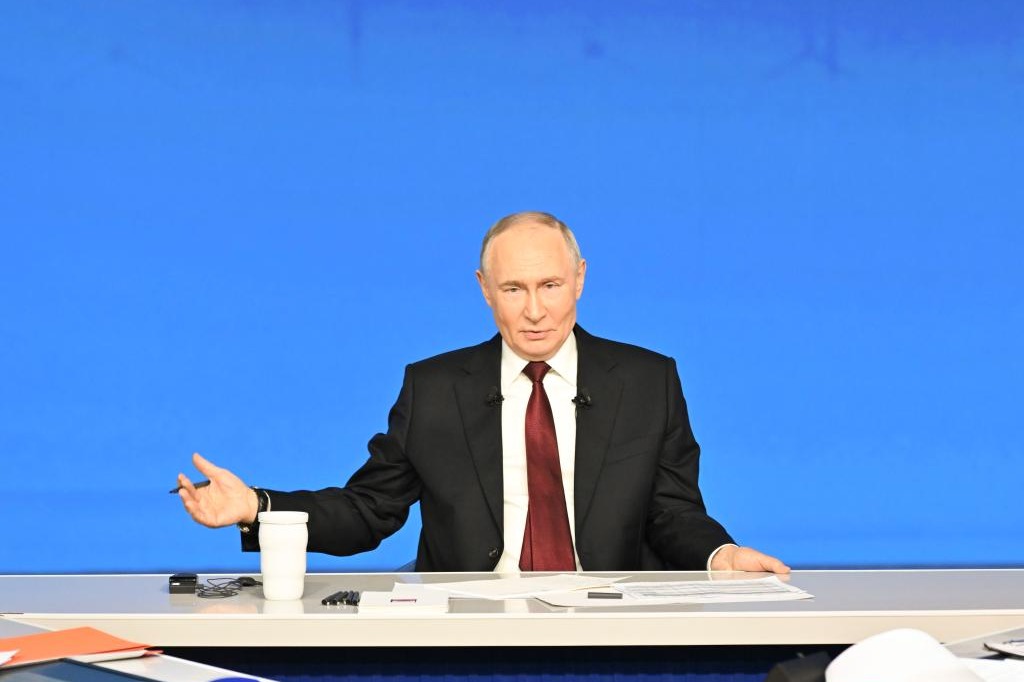Sanctions hurt the innocent, say experts


With screws tightened on Iran and Syria, people bear brunt of Washington actions
Sanctions on Iran and Syria by the United States have exacerbated people's suffering and undermined efforts to advance peace and boost the economies in those countries, experts say.
The US imposed harsh sanctions on Iran after it was said to have broken its pledges on the multiparty nuclear deal in 2018. Last Tuesday the US Department of Treasury issued a statement "designating 15 actors across three countries in connection with serious human rights abuse and repressive acts".
The list includes mostly political and special law enforcement officials of Iran, Syria and Uganda. The move prevents US entities from dealing with those blacklisted, and allows for the freezing of any US assets of those targeted.
Furkan Halit Yolcu, a research assistant at the Sakarya University Middle East Institute in Turkey, said the humanitarian costs of sanctions always create "a headache for the enforcers". "That is called reverse causality. Something you do hurts you back with its result."
Though the US routinely updates its sanctions list, he said, the latest announcement, given its timing, will hurt "the atmosphere for further improvements" in relations in talks in Vienna on the Iran nuclear issue, discussions in which the United Kingdom, Russia, China and Germany are involved.
Parties to the 2015 Joint Comprehensive Plan of Action, known commonly as the Iran nuclear deal, have been trying to salvage the pact, which the administration of then US president Donald Trump unilaterally ditched in 2018. The negotiations resumed on Thursday.
Manjari Singh, a Middle East expert and associate fellow at the Centre for Land Warfare Studies in India, said the US Treasury Department's sanctioning of government agencies and government office bearers in Iran seems like "arm twisting".
The individuals sanctioned in Iran, Singh said, have been linked to the handling of protests in the country in 2009 and 2019, and sanctioning them suggests Washington is targeting Iran over domestic matters.
"Linking this with the Vienna talks only shows that the US wants to convey a message that they are mindful of the activities at the domestic front. It seems like a negotiating tactic."
In October the UN Human Rights Council said "over-compliance" with the US-imposed sanctions against Iran is harming the country's right to health, mostly affecting children with epidermolysis bullosa, a life-threatening skin condition.
'Abort reconstruction'
Jawaid Iqbal, political science professor and chairman of the Department of West Asian and North African Studies at Aligarh Muslim University in India, said that instead of removing the US' existing illegal and unilateral sanctions, the Joe Biden administration has been pursuing policies of economic warfare to "forcefully gain leverage at the negotiating table".
As to Syria, Iqbal said, sanctions against the country chime with the US' attempt to "abort reconstruction" in the war-torn country. "Beginning from October 2019, the US has illegally occupied Syrian territories that are rich in oil and has seized regions that grow wheat, thus preventing (Syrian President Bashar al-Assad's) administration from accessing harvests to feed its population."
The World Bank's economic update on Iran in October said the country exited a two-year recession last year. However, poor economic activity, due to US sanctions, low oil revenues and higher recurrent and COVID-19 related spending widened the fiscal deficit, leading to significant inflationary pressures and currency depreciation.
In a separate report, the World Bank said that from 2011 to 2016 Syria's cumulative GDP losses were estimated at $226 billion, about four times the country's GDP in 2010. By 2019 its economic activities had shrunk by 50 percent.
Calls to ease sanctions have not been limited to negotiating parties involving Iran, Syria or their allies.

































